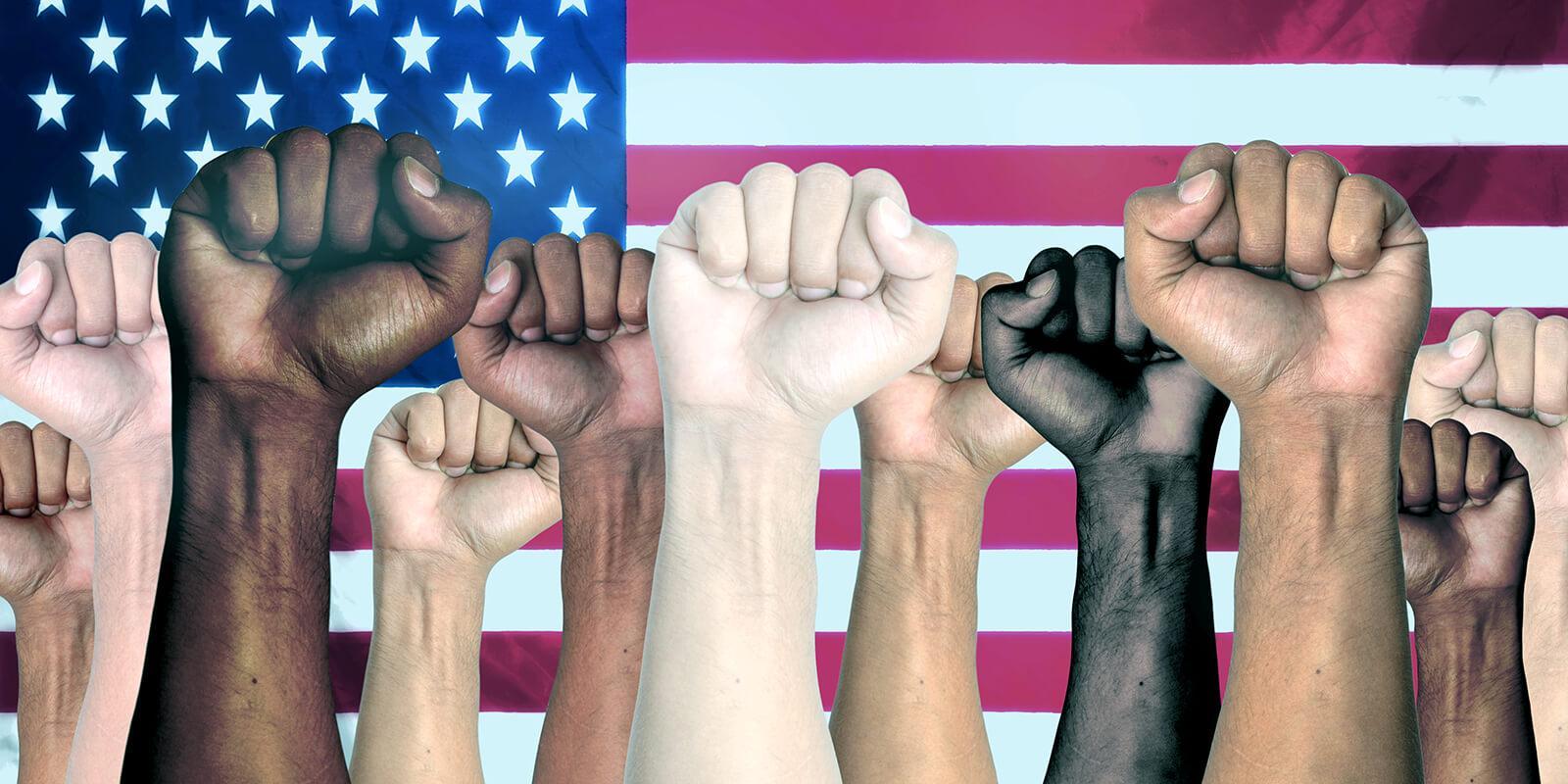More Americans approve of labor unions today than at any time since 1965, according to annual Gallup poll results released around each Labor Day.
More than two-thirds of poll respondents – 68% – approved of labor unions. That means a clear majority of voters views labor unions favorably. Among adults 18-34 years of age, 77% approve of unions. Support is also high among those with annual household incomes under $40,000.
The results of the latest Gallup poll, released Thursday, show that approval of labor unions has been steadily climbing for more than a decade. It dropped to its lowest level in 2009, during the Great Recession.
Union approval continued to grow during the coronavirus pandemic when millions of workers lost their jobs. The results of this year’s poll provide unmistakable evidence that more Americans want a voice on the job and a seat at the table.
“It’s no surprise that more people are waking up to the power that unions give workers to level the playing field and restore balance to the economy,” AFSCME President Lee Saunders said in a press release.
The union difference is clear: Union members earn more, have more reliable health care coverage and retire with greater financial security. We also have safer workplaces and are more likely to have the resources and training we need to do our jobs well.
Since the coronavirus pandemic began, Americans have seen the power of unions in action.
Union members were on the front lines of the war against the virus. In addition to serving our communities as essential workers, we raised our union voice to demand adequate personal protective equipment and greater safety protocols on the job.
Union members also mobilized in overwhelming numbers to secure passage of the American Rescue Plan, which has provided vital funding for working families, as well as for states, cities, towns and schools.
“Throughout this pandemic, Americans have seen firsthand that unions are on the front lines, fighting for what all working people need – from better pay and safer working conditions to paid sick leave and job security,” Saunders said. “More workers want to unionize, but current law allows employers to stack the deck, with free rein to bully and intimidate workers who seek to organize.”
While nearly seven in 10 Americans view unions favorably, only about one in 10 belongs to a union. This needs to change.
Congress must make it easier, not harder, for workers to unionize. It can begin by approving the Protecting the Right to Organize (PRO) Act, which would strengthen federal labor law so that private-sector workers have more protections and a greater ability to organize. The bill has already been passed by the House of Representatives.
Congress must also approve the Public Service Freedom to Negotiate Act, which would set a minimum nationwide standard of collective bargaining rights that all states must provide to public employees. Currently, about half the states do not provide all state and local workers the ability to negotiate for fair wages and benefits.
“All workers are asking for is the freedom to join and form strong unions, so they can improve their lives and transform their communities,” Saunders said.

